Promoting decentralization in the field of statistics
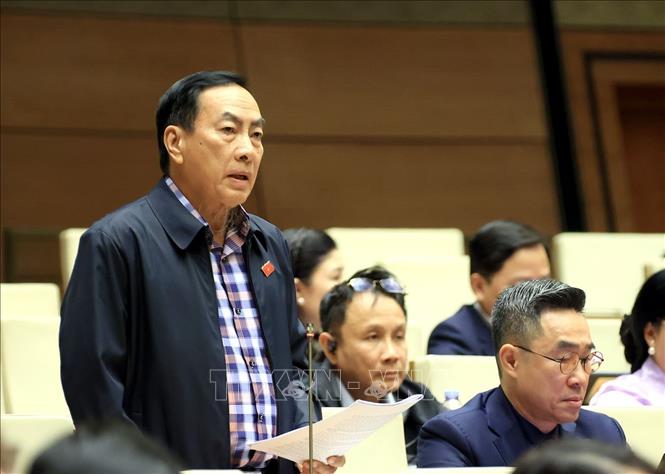
Participating in the discussion on the project: Law amending and supplementing a number of articles of the Law on Statistics, delegate Pham Van Hoa (Dong Thap) expressed his strong agreement with the decentralization and delegation of statistical power, authorization for the Minister of Finance to direct and operate statistical work as well as the abolition of district-level inspection agencies and specialized statistical inspection agencies.
However, delegates expressed deep concern about data duplication between different statistical agencies (such as tax, insurance, commune and regional levels), and paid special attention to the large discrepancy between population statistics and population management data of the Public Security sector.
Delegate Pham Van Hoa proposed to clearly regulate the reporting regime of statistical information at the grassroots level, specifically determining the reporting frequency by month, quarter or year.
Explaining and receiving comments from National Assembly delegates, Minister of Finance Nguyen Van Thang expressed his respect for the comments and further explained some contents.
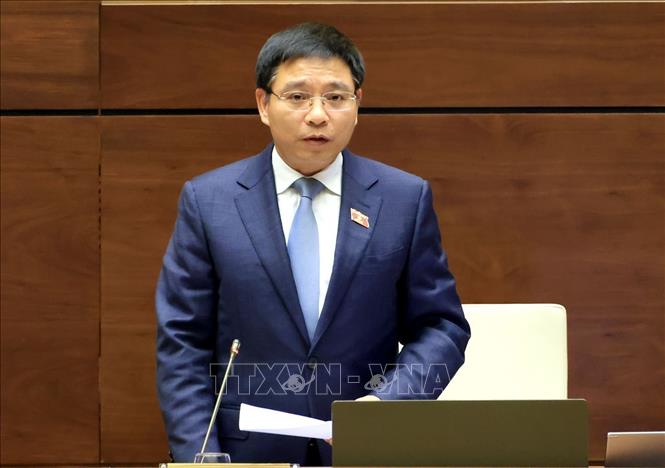
Regarding the issue of organizing the statistical apparatus, the Minister explained the model of converting from the General Statistics Office to the General Statistics Office and arranging it in accordance with the 2-level local government model. Accordingly, the basic statistical agency is the commune level, but in reality, to ensure effective use of human resources, a statistical agency will manage an average of five to six communes. "A statistical agency at the commune level is not just one commune but must manage an average of at least five to six communes," the Minister stated.
The Minister also explained the statistical reporting regime at the commune level, stating that the draft Law assigns the Minister of Finance the authority to issue this regulation to ensure information collection and avoid duplication, and not increase the workload for the commune level.
Concluding the discussion session, Vice Chairman of the National Assembly Vu Hong Thanh stated that National Assembly deputies agreed with the scope of amendments and supplements focusing on urgent issues, promptly responding to the promotion of the application of science, technology and innovation in implementing statistical tasks; agreed with the adjustment of authority, promulgation of a system of statistical indicators, and statistical reporting regime to promote decentralization in the field of statistics in accordance with management practices.
Removing difficulties in handling bankruptcy cases
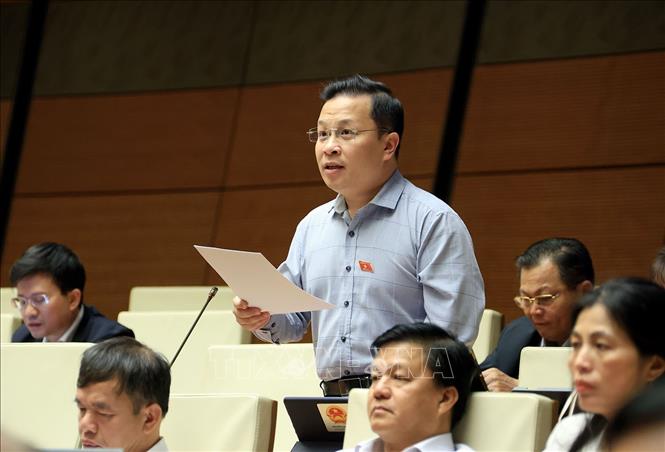
Discussing the draft Law on Bankruptcy (amended), the opinions of the National Assembly deputies emphasized that the implementation of the Law on Bankruptcy 2014 has shown major shortcomings, especially in the procedures for recovery and settlement of bankruptcy. According to the deputies, the biggest problem is time, there are bankruptcy cases that have been dragged on for 10 years, even 16 years and have not yet been completed.
Expressing high agreement with the need to comprehensively amend the 2014 Bankruptcy Law, delegate Nguyen Danh Tu (An Giang) was interested in the duties and powers of judges in the process of resolving rehabilitation and bankruptcy cases.
The delegate said that the draft Law has made important adjustments, shifting the judge's task from verifying and collecting documents and evidence himself to the role of guiding and requesting participants in the rehabilitation and bankruptcy procedures, together with relevant agencies and organizations, to collect, submit and provide documents and evidence. This provision is considered to have updated the new spirit of evidence collection under Article 15 of the Law on the Organization of People's Courts - where the responsibility for collecting evidence belongs to the relevant parties, not the Court.
Delegate Nguyen Danh Tu also noted that, along with this new regulation, it is necessary to further clarify the role of judges.
Some delegates discussed the rehabilitation procedure, including the issue of criteria for selecting the administrator (the person who plays a key role in managing and implementing the business rehabilitation plan).
Explaining further the opinions raised by the delegates, Chief Justice of the Supreme People's Court Nguyen Van Quang affirmed that it is necessary to stipulate the criteria for the experience of the Administrator because in practice, almost no bankruptcy case has the same nature. The complexity of bankruptcy cases is very large. Therefore, it requires the administrator to be a very experienced person.
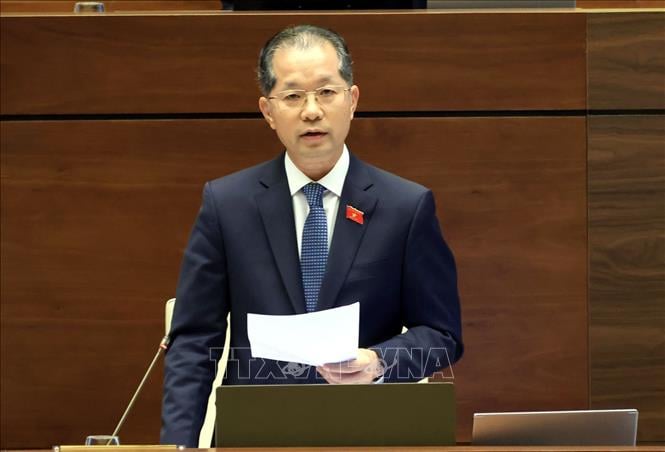
According to the Chief Justice, without experience assessment, the quality of case resolution will be difficult to ensure, especially in recovery cases where solutions require deep expertise and practical management ability. Therefore, Chief Justice Nguyen Van Quang proposed to retain the provision that judges in the process of selecting and appointing the Administrator must be responsible for their decisions by assessing whether the administrator has enough experience and capacity to resolve the case appropriately.
Another issue that delegates are concerned about is the scope of information provision during the recovery and bankruptcy process, especially the issue of professional secrets. On this issue, Chief Justice of the Supreme People's Court Nguyen Van Quang emphasized the principle of confidentiality, stating that "in principle, when providing information to those who request it, in addition to personal secrets, professional secrets, especially technological secrets, are not allowed to be provided".
Source: https://baotintuc.vn/thoi-su/ky-hop-thu-10-quoc-hoi-khoa-xv-hinh-thanh-he-thong-thong-ke-thong-suot-20251121181052969.htm


![[Photo] General Secretary To Lam receives President of the Senate of the Czech Republic Milos Vystrcil](/_next/image?url=https%3A%2F%2Fvphoto.vietnam.vn%2Fthumb%2F1200x675%2Fvietnam%2Fresource%2FIMAGE%2F2025%2F11%2F21%2F1763723946294_ndo_br_1-8401-jpg.webp&w=3840&q=75)

![[Photo] National Assembly Chairman Tran Thanh Man holds talks with President of the Senate of the Czech Republic Milos Vystrcil](/_next/image?url=https%3A%2F%2Fvphoto.vietnam.vn%2Fthumb%2F1200x675%2Fvietnam%2Fresource%2FIMAGE%2F2025%2F11%2F21%2F1763715853195_ndo_br_bnd-6440-jpg.webp&w=3840&q=75)

![[Photo] Visit Hung Yen to admire the "wooden masterpiece" pagoda in the heart of the Northern Delta](/_next/image?url=https%3A%2F%2Fvphoto.vietnam.vn%2Fthumb%2F1200x675%2Fvietnam%2Fresource%2FIMAGE%2F2025%2F11%2F21%2F1763716446000_a1-bnd-8471-1769-jpg.webp&w=3840&q=75)
![[Photo] President Luong Cuong receives Speaker of the Korean National Assembly Woo Won Shik](/_next/image?url=https%3A%2F%2Fvphoto.vietnam.vn%2Fthumb%2F1200x675%2Fvietnam%2Fresource%2FIMAGE%2F2025%2F11%2F21%2F1763720046458_ndo_br_1-jpg.webp&w=3840&q=75)



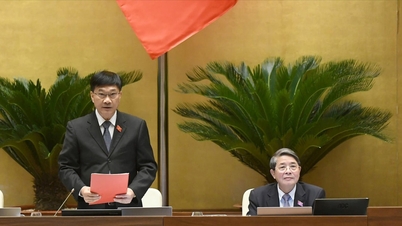

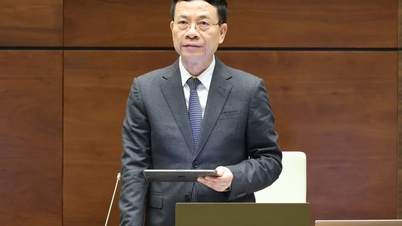



















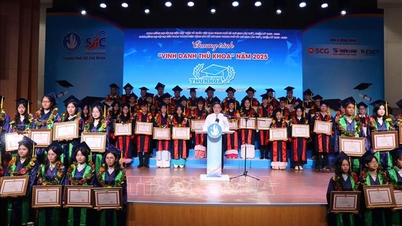











































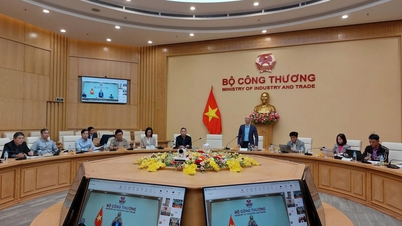







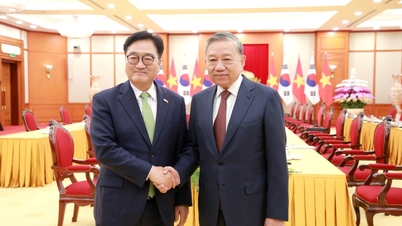


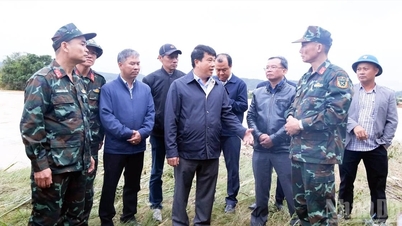





















Comment (0)